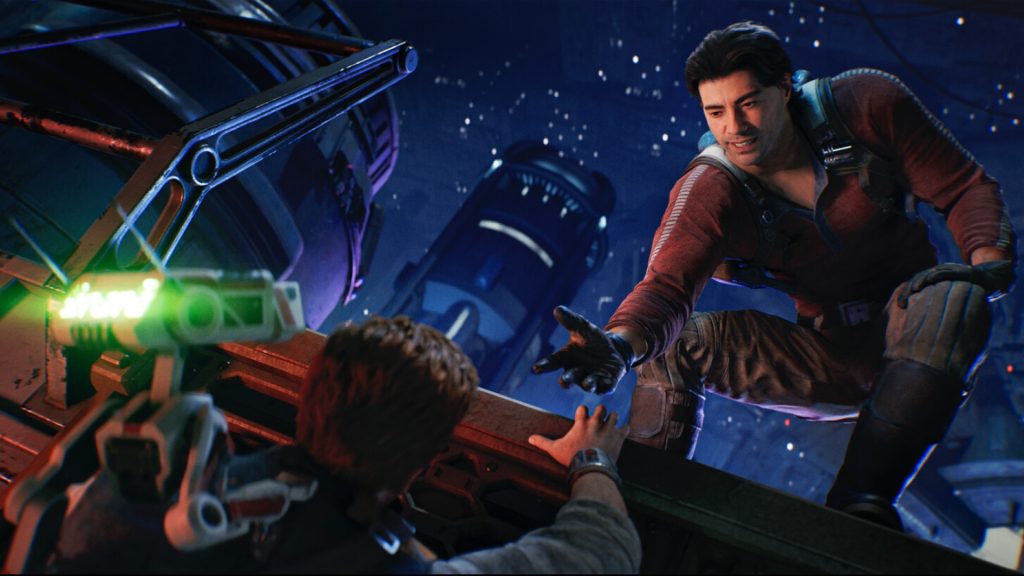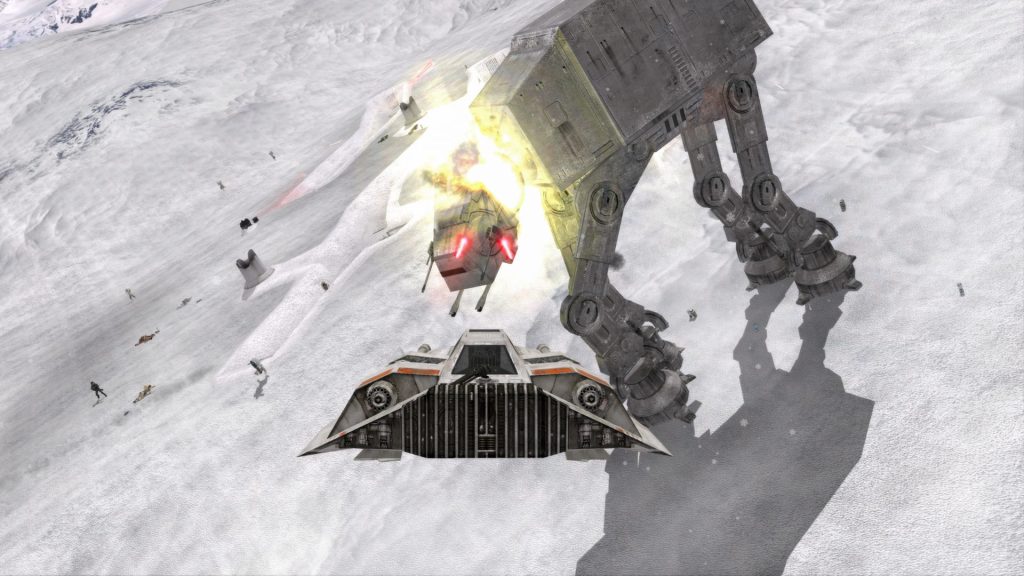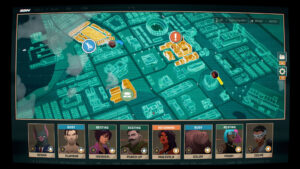
It’s been a wild ride for the games industry this year, from the breakout success to the waves of layoffs that are already close to surpassing last year’s. Amid all the companies cancelling projects and closing studios, Electronic Arts perhaps stood out the most by making it out of 2023 relatively unscathed.
However, 2024 is a different beast, and on February 29th, it announced 670 layoffs or roughly five percent of its workforce, closed Ridgeline Games (which was working on narrative experiences for Battlefield) and even cancelled the Star Wars single-player shooter.
While Ridgeline’s fate is confusing and sad in its own right, it’s the baffling cancellation of the Star Wars single-player shooter project. Considering the project was helmed by Peter Hirschmann, the executive producer for the original Star Wars: Battlefront series, it’s all the more annoying. However, when you look back on the publisher’s experience with Star Wars titles thus now, it’s been an oddly mixed bag.
First, there was Star Wars Battlefront in 2015, which launched with a lackluster amount of content and received a mixed response, though it grew into something better. Star Wars Battlefront 2 offered more when it launched in 2017 but quickly collapsed due to controversies due to pay-to-win, loot box and monetization issues. Once again, it would recover, but the process took a lot longer (with way more free updates, thus costing EA money, to say nothing of the sales lost due to the controversies). Then there were the rumors surrounding Project Ragtag, ultimately cancelled in 2017 with Visceral Games shut down.
2019 saw a new hope, if you will, Star Wars Jedi: Fallen Order. The action-adventure title launched in November 2019 and quickly garnered acclaim for its combat, exploration and narrative. Though it could have used more polish, fans appreciated a new Jedi-focused title, that too with such a great single-player campaign. It was Electronic Arts’ fastest-selling digital Star Wars title within just two weeks, went on to sell over eight million units by January 2020 and crossed 10 million sales by March 2020 end.
Such was the success of Jedi: Fallen Order internally that it reportedly caused an internal shift in Electronic Arts’ thinking. Instead of games-as-a-service titles for all its studios, it chose to let its single-player developers breathe more. It’s arguably why the Dead Space remake was greenlit and why Mass Effect returned from the brink.
A sequel seemed like the obvious next step, and Electronic Arts revealed the first cinematic teaser for Star Wars Jedi: Survivor in May 2022. Details were sparse, but the darker approach already led to more intrigue. Jedi: Survivor launched in April 2023, facing a five-week delay due to more work needed for polishing. While it suffered from performance issues at launch (with PC players having the worst of it), the sequel received even more acclaim than the original for its larger worlds, more refined combat and deeper story-telling.

Sales numbers weren’t revealed, but its physical sales in the UK were up 30 percent at launch over Fallen Order. Digital sales were also twice as much, with the PlayStation Store confirming it was the most downloaded title in the US and Europe for April and May. Electronic Arts revealed the title was pacing “very strongly” in sales with “millions” of players as of May. The desire to make more titles was there, especially in August when it revealed that it achieved record net bookings in that quarter thanks to Jedi: Survivor, Madden and FIFA.
In September, actor Cameron Monaghan, who plays Cal Kestis, confirmed that the third Star Wars Jedi title was in development. Nothing else was revealed, save for it being a “big undertaking”, but it’s early days yet.
Jedi: Survivor continued to receive updates, and Electronic Arts didn’t say much about about Bit Reactor’s strategy title led by Greg Foerscth. Fast forward to February 2024 and the Star Wars single-player shooter’s cancellation, with Electronic Arts noting that players are “most excited” about the Jedi series and “the rich library of owned brands.”
As a result, it pivoted away from the Star Wars shooter to “focus our efforts on new projects based on our owned brands while providing support for existing games.” While it’s keen to provide fans “the next installments of the iconic franchises they want,” rumors revealed that the new title would feature a Mandalorian protagonist. It was unclear if this was the protagonist from The Mandalorian, but the prospect of pursuing bounties in large open areas while having a linear campaign sounded great.

Even if enthusiasm for The Mandalorian dropped after the third season, it’s still a popular brand. Some would say it’s “iconic” and perhaps the biggest reason for the shift towards new Star Wars media on the small screen. On the bright side, Bit Reactor’s title isn’t cancelled, though it doesn’t seem any closer to an announcement, much less a release.
For now, Electronic Arts’ commitment to the Star Wars series is as unknown as the future of the Battlefield franchise. Perhaps following the end of its exclusive agreement with Lucasarts, it recognized the need to focus on its brands and existing hits to succeed, especially as more companies offer up their triple-A projects.
After all, with Star Wars Outlaws set to feature a massive scope and third-person shooter mechanics, Quantic Dream slowly and hopefully steadily delivering a narrative tour de force with Star Wars Eclipse and Star Wars: Knights of the Old Republic – Remake still floating around, the market for new IPs in the series may be dwindling. Again, how the title with the Mandalorian protagonist wouldn’t have thrived is unclear, and if anything, it casts doubt on whether Bit Reactor’s title can make an impact.
Perhaps if Electronic Arts decides to revive Star Wars Battlefront, its multiplayer could receive a better reception than the recent Star Wars: Battlefront Classic Collection. Regardless, it’s a safe bet, along with the upcoming Star Wars Jedi 3 and even Star Wars: The Old Republic, which continues to generate revenue.
At the end of the day, as the unsustainability of triple-A development becomes more apparent, some publishers may be less willing to commit to risk on popular media properties, regardless of how appealing the projects looked a few years back. Where Electronic Arts goes from here remains to be seen, but it’s arguably in a much safer position than its competitors when delivering new Star Wars titles. Still, it kind of stings to know what could have been and how cursed the Star Wars bounty hunter game concept continues to be.
Note: The views expressed in this article are those of the author and do not necessarily represent the views of, and should not be attributed to, GamingBolt as an organization.














